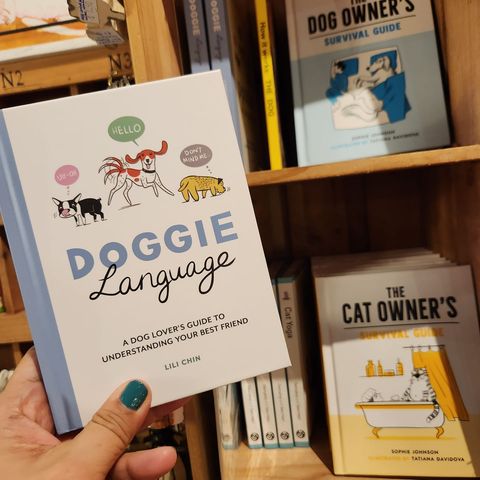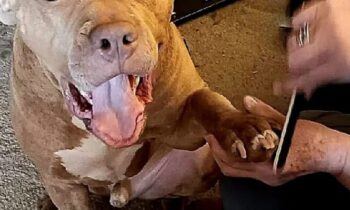I have several friends and acquaintances who have just added a dog to their households after having had no dogs for the last ten years or more. It occurred to me that there have been so many changes in the world of dogs, even in the last decade, that it might be helpful to list some of those changes for new dog guardians who might like to read up on those topics.
I asked dog professionals online to share the changes in the world of dogs that they would like to note, especially for novice or experienced guardians who have been ‘out of dogs’ for a while. I posed the question this way:
“Imagine that you have a friend who just got a new dog in their life after not having had a dog around for the last ten years.
“What would you tell your friend about what’s new for dogs during that time?
“For example, ‘brain food’—what is it and why is it important for your friend to know about it now, for the new dog in their life?
“How about early spay and neuter? What should your friend know before they decide when to have their new dog neutered?
“Training is another topic. What’s new, what’s not?
“Exercise, enrichment, quality of life … what’s new for dogs?”
Here are some of the answers the professionals gave, for your education!
Amy Suggars (Ohio) I would tell my friend to purchase good insurance for her puppy. Pet health insurance can help defray the costs of unexpected veterinary care throughout her dog’s life.
Marla Cooper (California) Getting pet insurance is now pretty mandatory with rising veterinary costs. Also, now people take their dogs on enrichment scent walks. Ten years ago, people were all training “leave it” so their dogs wouldn’t keep sniffing. Now research shows how enriching it is for dogs to smell things. So take your dog on a walk and let them smell the world!

Photo by Erin Saywell
Summer Storm Kingery DVM (North Carolina) Monoclonal antibodies (allergies, arthritis, pancreatitis, parvo), improved genetic testing, PCRs [polymerase chain reaction tests] more available for infectious diseases, antigen tests for parasites, improved equipment (radiography, ultrasound, etc.), improved pain management and anesthetic protocols, better hospitalization monitoring, more connectivity between veterinary experts, better options for anxiety/stress, improved options for diabetes treatment and monitoring, improved drug compounding standards, longer-acting medications, combined preventatives, more dog sports, more dog enrichment, more ready options.
Missy Masterson (Arkansas) Cancer vaccine for dogs almost doubles survival rates in clinical trials.
Laurie Zurborg (California) Canine enrichment
Denise Cadelac Mcleod (United Kingdom) Turn and Face for reactive dogs.
Alisha Ardiana (California) I now label the stressors. In San Francisco, I think the three triggers are people, dogs, and vehicles. I identify what we see on a daily basis. By explaining what is happening on a daily basis, I have massively reduced the stress of my dog and my clients.

Photo by Lili Chin
Risë VanFleet (Pennsylvania) A greater focus on reciprocity in relationships, a stronger awareness of the dogs’ unique perspectives, and more emphasis on animal choice and agency. For example, Do We Sell Them Short? Supporting “Agency” in Animals – International Institute for Animal Assisted Play Therapy (iiaapt.org)
Teri Stripes (Washington) I am surprised by the more recent guidance on spaying and neutering. Our vets said they would be fine with Vixen being spayed after she is two years old, or with even not spaying unless it becomes necessary for other health or behavioral issues. Brain food and brain feeding are far more important. High protein quality is important, and for many breeds our vets will no longer recommend a grain-free diet. We have several puzzle feeders Vixen is learning to use.
Want to know more about brain food for dogs? Here is some sensible advice:
“Take the first step towards optimizing your dog’s cognitive health by consulting with your veterinarian. They can provide personalized recommendations and guidance based on your dog’s specific needs. Remember, investing in your dog’s brain health is an investment in their overall well-being and happiness.”



